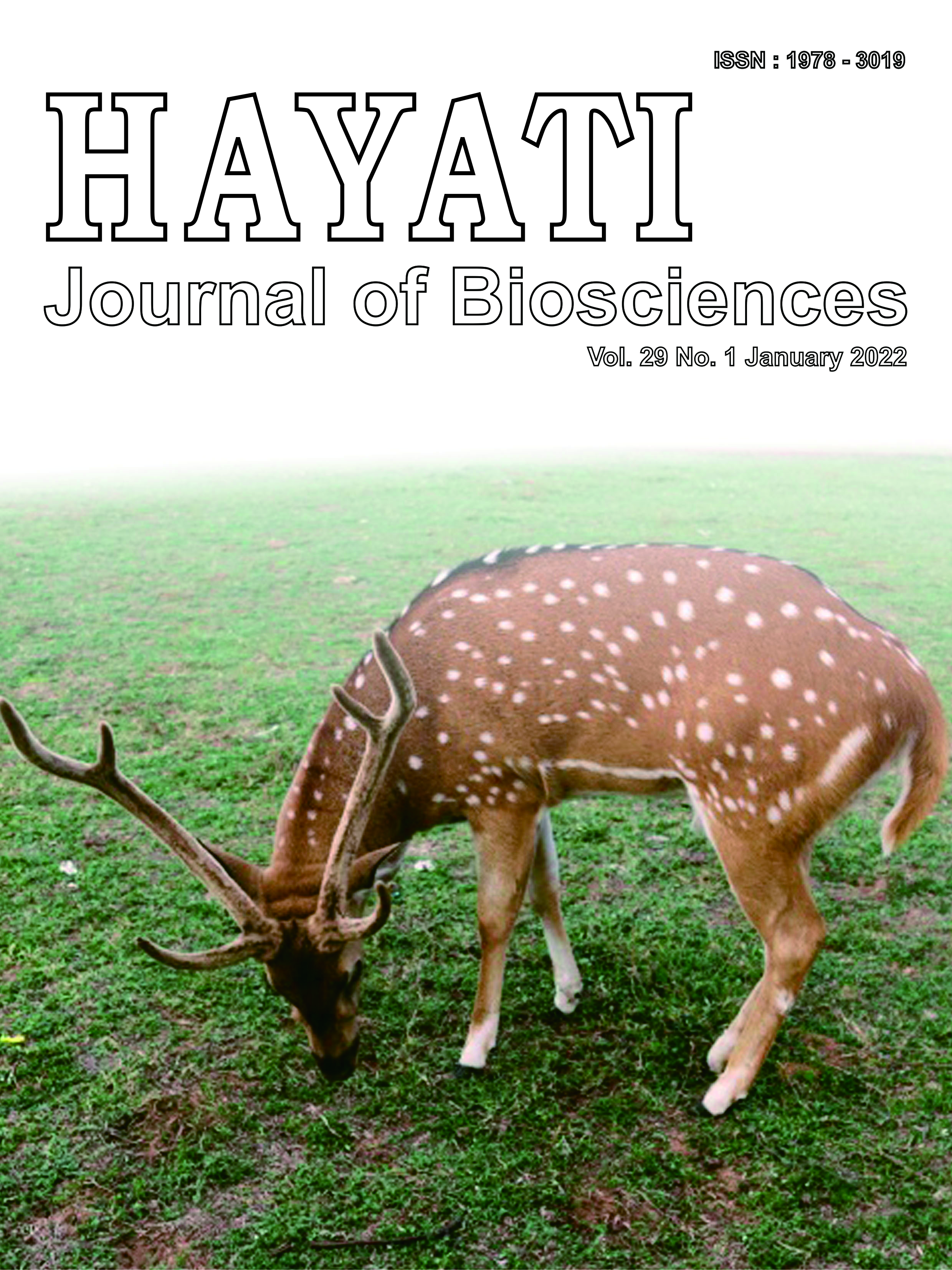The Acute Single and Mixture Toxicity of Paraquat Dichloride and Deltamethrin to Guppy (Poecilia reticulata)
Abstract
Although herbicide and insecticide contamination of surface waters normally occurs in the form of mixtures, the toxicity interactions displayed by such mixtures have only rarely been characterized. This study evaluated the acute effects of single pesticides (paraquat dichloride and deltamethrin, tested in their commercial formulations Gramoxone 276 SL and Decis 25EC) and their equitoxic mixtures on the survival of adult male guppy fish (Poecilia reticulata). Mixture toxicity was evaluated against the reference models of Concentration Addition (CA) and Independent Action (IA). In the single treatments, the 72h LC10 and LC50 values were 1.5 and 6.0 mg a.s. L-1 and 0.53 and 3.6 µg a.s. L-1 for paraquat dichloride and deltamethrin, respectively. The equitoxic mixtures showed significant paraquat dichloride-deltamethrin antagonism, both based on the CA and the IA model, without significant dose-level dependent deviations.
Downloads
Copyright (c) 2022 Rully Adi Nugroho, Cornelis Adrianus Maria van Gestel van Gestel

This work is licensed under a Creative Commons Attribution-NonCommercial 4.0 International License.
HAYATI J Biosci is an open access journal and the article's license is CC-BY-NC. This license lets others distribute, remix, tweak, and build upon author's work, as long as they credit the original creation. Authors retain copyright and grant the journal/publisher non exclusive publishing rights with the work simultaneously licensed under a https://creativecommons.org/

























.png) IPB University
IPB University Department of Biology
Department of Biology The Indonesian Biological Society
The Indonesian Biological Society 

